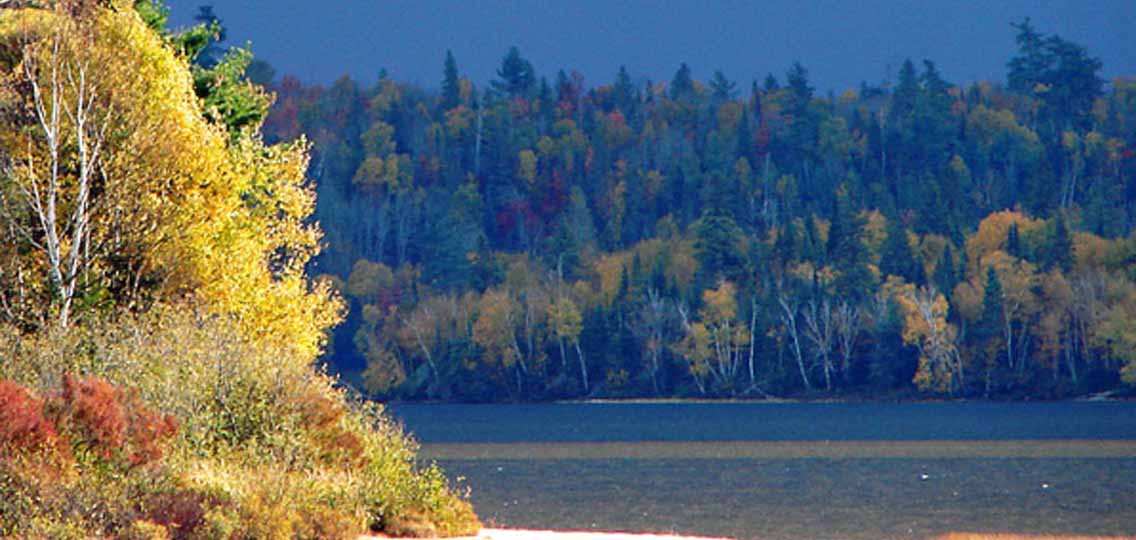MONTREAL, January 16th, 2020 – The Mitchikanibikok Inik First Nation (Algonquin of Barrier Lake) is contesting Quebec’s Mining Act and is suing the Government of Quebec for failing to fulfil its constitutional duty to consult the community about mining projects in their traditional territory.
Represented by lawyers from Ecojustice and partners of the Centre québécois du droit de l’environnement (CQDE), the Mitchikanibikok Inik First Nation argues that Quebec’s Mining Act regime is unconstitutional. The lawsuit seeks to ensure that mineral claims on their traditional territory are only obtained after due consultation.
“The Government of Quebec has repeatedly failed to live up to its constitutional duty to consult our community about mining projects in our ancestral land because of its continued use of the outdated Mining Act. This needs to change,” said Chief Casey Ratt. “Our territory encompasses many sites of ecological, cultural and survival importance. We will do everything we can to ensure it is protected from risky mining projects.”
Under the Constitution Act, 1982, the government has a legal duty to consult and accommodate Indigenous peoples before making decisions that could impact their communities — this includes actions like granting companies project and permit approvals.
“Quebec’s flawed Mining Act uses the ‘free entry’ approach, which essentially defaults to registering mining claims without consultation with Indigenous communities. The ‘free entry’ system approach to mining is a direct violation of our clients’ constitutional rights to be consulted and accommodated as required under s. 35 of the Constitution Act,” said Amir Attaran, lawyer with Ecojustice’s Law Clinic at the University of Ottawa. “It’s time Quebec ensures its provincial laws comply with its constitutional obligations to ensure Indigenous communities are consulted on potential projects that will affect their ancestral land.”
Marc Bishai, partner of the Centre Québécois du droit de l’environnement said: “It’s imperative that Quebec reform its Mining Act to respect constitutionally protected Indigenous Peoples’ rights. The Native Community Consultation Policy Specific to the Mining Sector launched last fall does not address fundamental problems that continue to undermine Indigenous rights in the province.”
Core to ongoing problems is the inability for the Minister of Energy and Natural Resources to refuse the granting of mining claims and mining exploration work to protect Indigenous rights and ancestral lands.
About:
The University of Ottawa and Ecojustice, Canada’s largest environmental law charity, are partners in the uOttawa-Ecojustice Environmental Law Clinic, a problem-based educational learning course designed to help train the next generation of environmental law and policy leaders.
The Centre québécois du droit de l’environnement (Quebec Environmental Law Centre), Quebec’s only environmental law charity, offers independent legal expertise and education tools to citizens and law students, contributes to the development of progressive environmental law and uses the law to protect the environment and citizens’ rights to access justice.

